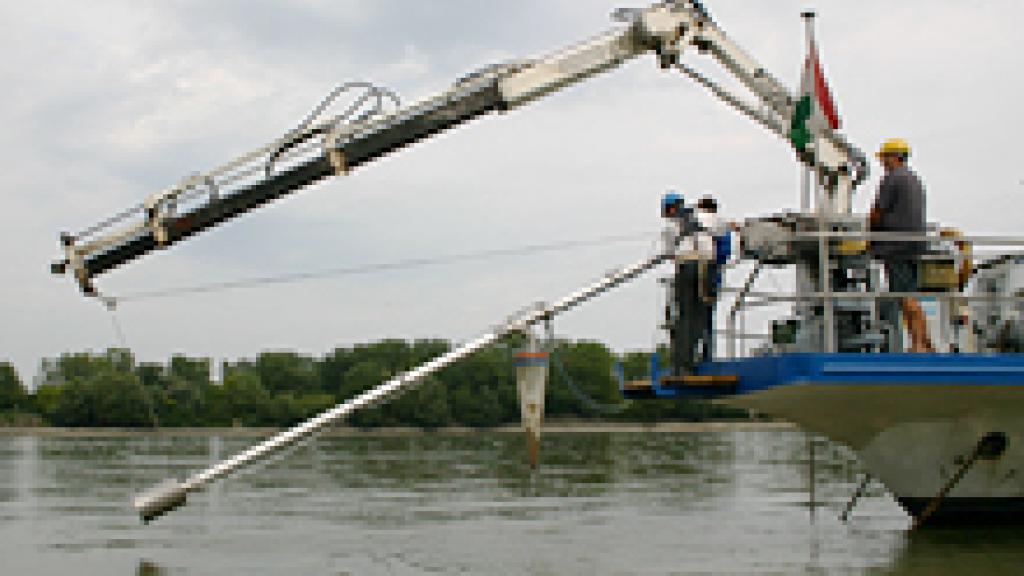Joint Action Programme (JAP) 2001 - 2005
The Joint Action Programme of the ICPDR outlined the specific steps that were agreed to be taken over the period 2001-2005 to achieve the environmental objectives outlined in the Danube River Protection Convention including many large-scale measures to reduce water pollution, to promote nature conservation, to restore ecosystems, and to safeguard the long-term sustainable management of the environment.

The Joint Action Programme (JAP) of the ICPDR outlines the specific steps that were agreed to be taken over the period 2001-2005 to achieve the environmental objectives outlined in the Danube River Protection Convention. The implementation of the JAP will direct the Danube countries' governments to meet their commitments to make a positive difference to the aquatic environment along the Danube and its tributaries.
The JAP encompasses many large-scale measures designed to reduce water pollution, to promote wetland conservation, to restore ecosystems, and to safeguard the long-term sustainable management of the environment by both governments and the private sector in the Danube countries. The extensive nature of these measures illustrates how environmental protection and management must concern all the countries across the river basin, and also how finding the most appropriate solutions to problems at the identified pollution hot spots will depend on the creation of effective partnerships involving all stakeholders.
Joint action by countries bordering each other is essential if the flows of nutrients and pollutants from agricultural, domestic and industrial sources into the Danube and on towards the Black Sea are to be reduced.
Estimating the cost of cleaning up the Danube River is an almost impossible task. Nevertheless, the JAP demonstrats that the Danube Countries were willing to invest €4,404bn over the period 2001-2005 in order to respond to priority needs in the sectors of municipal waste water collection and treatment, industrial waste water treatment, and agricultural pollution and land use.
General awareness about the Danube River as a priceless regional asset has been growing. The environment is meanwhile increasingly recognised as the vital link between sustainable development and the quality of life, and there is also a growing awareness among national governments, industrialists and agriculturalists of the need to consider the interests of all stakeholders when making decisions with environmental impacts. The management of water resources and the protection of the environment must be carefully planned with long-term needs in mind, in order to ensure that resources are used sustainably and prudently. The Joint Action Programme has been specifically designed according to these considerations, and thus is was a valuable tool for promoting environmental protection and sustainable development.
The final report was ready in June 2006.






